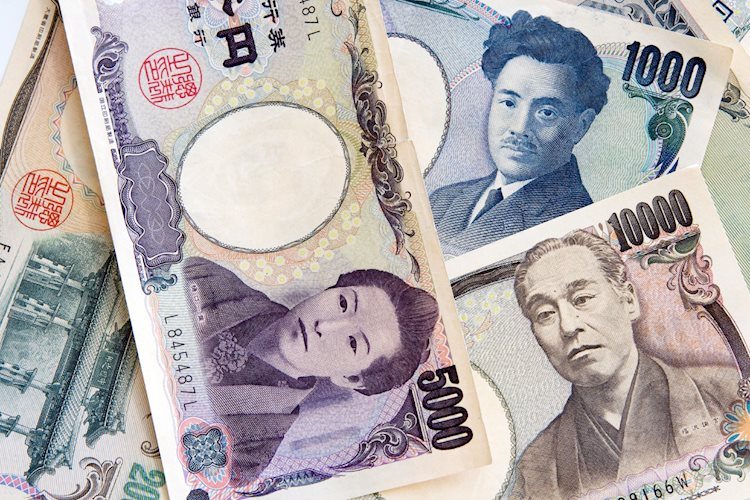The USD/JPY pair remains strong around 161.40 in the early Asian session on Wednesday. Fed Chair Jerome Powell mentioned that US inflation is cooling, but the Fed would need more evidence before considering a rate cut. The divergence in monetary policies between Japan and the US is putting some selling pressure on the Japanese Yen.
Market players are closely watching for possible FX intervention from the Bank of Japan, which could limit the upside for the USD/JPY pair. Japan’s Jibun Bank Services PMI data is set to release on Wednesday, while the US will see the release of key economic data such as the June ADP Employment Change, ISM Services PMI, and the FOMC Minutes. The weaker US Manufacturing PMI and softer PCE inflation reports have raised expectations for a Fed rate cut this year, weighing on the US Dollar.
Fed Chair Jerome Powell noted progress in inflation but emphasized the need for sustained movement towards the 2% target before considering policy adjustments. Markets are now anticipating two rate cuts this year, with the next one possibly in September. Traders are pricing in a 63% chance of a 25 bps rate cut in September. The divergence in monetary policies between the BoJ and the Fed is contributing to the weakness of the Japanese Yen.
The Japanese Yen is influenced by various factors such as the performance of the Japanese economy, BoJ policy, yield differentials between Japanese and US bonds, and risk sentiment among traders. The BoJ occasionally intervenes in currency markets to manage the value of the Yen, often to lower its value. The current ultra-loose monetary policy of the BoJ has caused the Yen to depreciate against major currency peers, especially amid increasing policy divergence with other central banks.
The policy divergence between the BoJ and other central banks, particularly the US Federal Reserve, has widened the yield differential between US and Japanese bonds, favoring the US Dollar against the Japanese Yen. The Japanese Yen is considered a safe-haven investment during times of market volatility, as investors tend to seek refuge in the Yen due to its perceived stability and reliability. This behavior can strengthen the Yen’s value against riskier currencies in turbulent market conditions.









